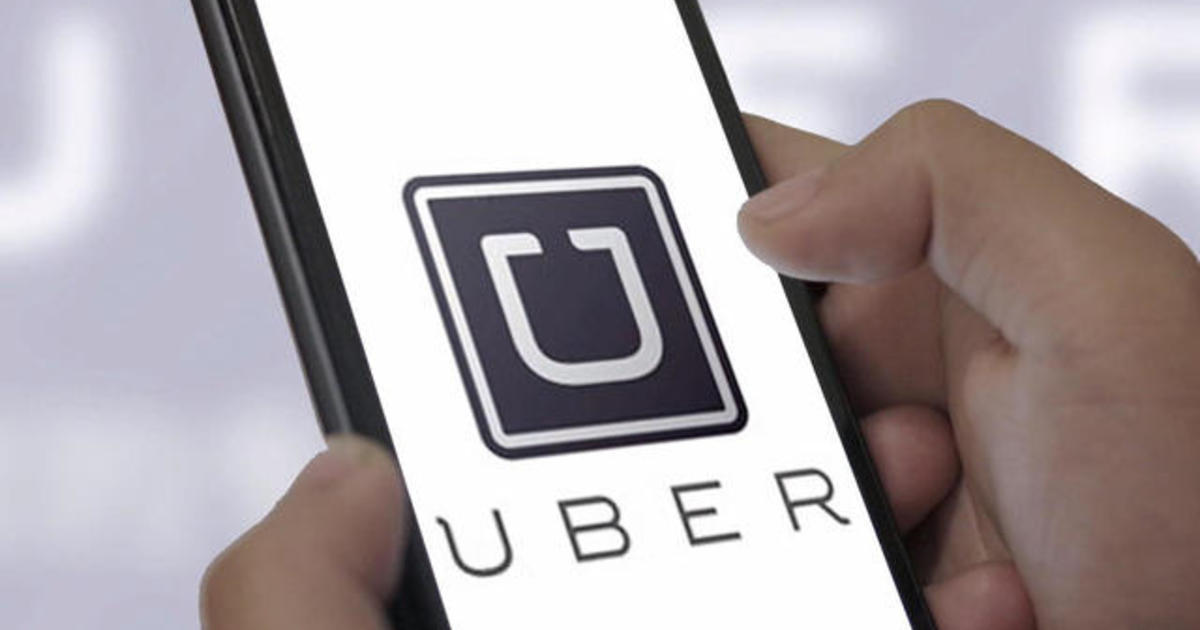
Uber adds surcharge as gas prices spike
CBSN
It's getting more expensive to get a ride — and not just for drivers with their own wheels. Uber announced it will add a per-trip surcharge for both riders and deliveries, as skyrocketing gas prices put pressure on the people behind the wheel.
"We know drivers and couriers are feeling the sting of record-high prices at the pump, so we're rolling out a temporary fuel surcharge to help," said Liza Winship, head of driver operations in the U.S. and Canada for the company, in a statement. "This consumer surcharge will apply to each ride or delivery and will vary by location, with 100% going directly to drivers and couriers."
The company will add between $0.45 or $0.55 per ride and between $0.35 or $0.45 per delivery from its Uber Eats service for the next 60 days, depending on the average trip length and gas prices in each market. The surcharge will apply everywhere but New York City, where drivers saw an increase March 1 and where most delivery workers use bicycles. The company has not seen a decrease in active drivers.

Robert Morris, founding pastor of Gateway Church, a megachurch in Southlake, Texas, has been indicted on five counts of lewd or indecent acts with a child, stemming from alleged incidents dating back to the 1980s, the Oklahoma attorney general's office announced Wednesday. We are aware of the actions being taken by the legal authorities in Oklahoma and are grateful for the work of the justice system in holding abusers accountable for their actions. We continue to pray for Cindy Clemishire and her family, for the members and staff of Gateway Church, and for all of those impacted by this terrible situation.












